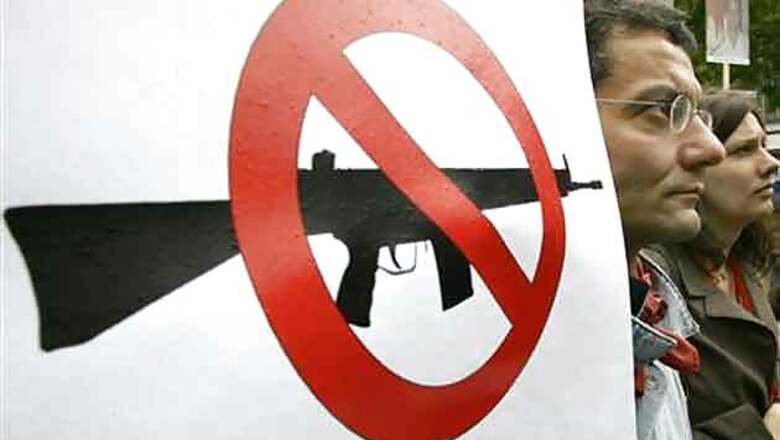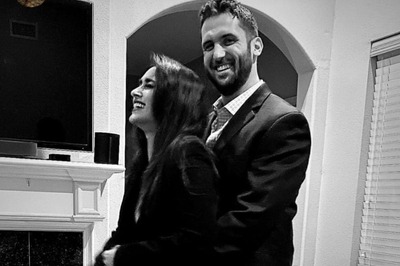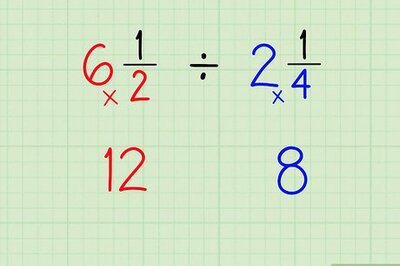
views
United Nations: India has strongly criticised the final draft of a global Arms Trade Treaty as 'flawed' and tilted against weapons-importing countries even as Iran, North Korea and Syria have blocked adoption of the UN treaty aimed to regulate the $70 billion conventional arms trade around the world.
Addressing the closing plenary of the UN Conference on ATT, Ambassador Sujata Mehta said India "cannot accept that the treaty be used as an instrument in the hands of exporting states to take unilateral force majeure measures against importing states parties without consequences".
She said that the relevant provisions in the final draft do not meet India's requirements. "There is a fundamental imbalance in the text which is flawed as the weight of obligations is tilted against importing states," said Mehta, India's permanent representative to the Conference on Disarmament, Geneva.
Iran, North Korea and Syria have blocked adoption of the ATT saying it fails to ban sales of weapons to groups that commit "acts of aggression".
UN Secretary General Ban Ki-moon expressed disappointment over the failure to reach an agreement on the draft treaty text at the end of a nine-day conference in New York.
The proponents of the treaty are scheduled to put it to vote in the UN General Assembly next week. The treaty is aimed at establishing the highest possible common international standards for regulating the $70 billion business.
Peter Woolcott, the Australian ambassador who was president of the treaty conference, suspended the meeting after Iran and North Korea voted against the draft treaty. When it resumed, Syria too voted against the treaty.
The text of the first international treaty on arms trade needs support from all 193 UN member states for its approval. The draft text came up for approval after the UN members failed to adopt it in July last year after long negotiations.
India has maintained that universal adherence to this treaty "would not be possible unless all stakeholders were on board and this includes major exporting as well as importing states". Mehta said India is to undertake a thorough assessment of the ATT "from the perspective of our defence, security and foreign policy interests".
She also stressed that the delegation's participation in the session "does not in any way prejudice our position on the substantive aspects of the Treaty and should not be construed in any way as our endorsement".
Syrian Ambassador Bashar Jaafari didn't vote in favour of the treaty because it didn't include an embargo on transferring arms to "terrorist armed groups and to non-state actors". Iran's representative Mohammad Khazaee termed the treaty as "hugely susceptible to politicisation and discrimination" as it failed to ban transfers of arms to those who "commit acts of aggression".
The head of the US delegation, Thomas Countryman, expressed hope that the arms treaty will be adopted very soon by the United Nations General Assembly.
Many delegations are not willing to abandon the draft and have assured to move it to the Assembly for adoption as early as next week. The EU High Representative Catherine Ashton expressed her regret that the UN arms treaty was not adopted.
The Russian representative said that there "is a huge gap [...] and a loophole for weapons falling into the hands of terrorists," and maintained that the provisions on diversion to the illicit market could also have been stronger.
The International Committee of the Red Cross (ICRC) said it deeply regrets that states were unable to adopt the Arms Trade Treaty.




















Comments
0 comment